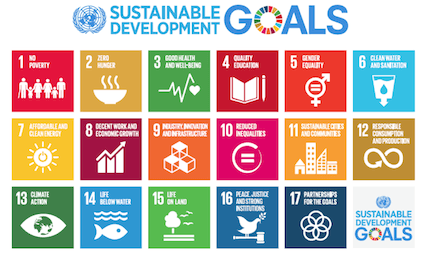
Imagine showing up at a construction site in Lagos, Nairobi, or Accra with nothing but your bare hands. No hammer, no screwdriver, no tape measure—just vibes. The foreman would look at you as if you were auditioning for a comedy skit.
And yet, many professionals do exactly this every day. They step into boardrooms, interviews, negotiations, and presentations with no tools—just a head full of ideas and the hope that words will magically arrange themselves. Spoiler alert: they don’t.
That’s why every professional needs a communication toolbox. Think of it as your portable kit for surviving the wild world of work, where attention spans are shorter than a TikTok video, and first impressions travel faster than internet gossip.
So, what should you pack inside this magical box? Let’s open it up.
1. The elevator pitch hammer
A hammer delivers quick impact, and so should your elevator pitch. You need a 30-second summary of who you are and what you do—sharp enough to get attention, sturdy enough to stick.
The market queen has her version: “Fresh tomatoes, straight from the farm!” You need yours: “I help businesses grow by turning complex data into clear stories.” Simple, strong, and ready to land.
Tool purpose: Break the ice, open doors, and stop people from forgetting you five seconds after introductions.
2. The listening tape measure
You wouldn’t build a house without measuring first. Yet so many people talk without listening, making conversations wobblier than a stool with two legs.
Listening is how you measure what the other person values. In negotiations, it’s the difference between giving a discount and giving away the entire shop.
Tool purpose: Helps you know when to talk, when to nod, and when to zip it.
3. The storytelling screwdriver
A screwdriver tightens things up, and stories do the same for your message. A dull presentation becomes unforgettable when you add a relatable story—about a customer, a challenge, or even your grandmother’s wisdom from the village.
Facts are fine, but stories make people lean in. The best communicators—whether in politics, religion, or business—are master storytellers. You should be too.
Tool purpose: Fastens attention to your ideas.
4. The humour level
Builders use a level to make sure walls don’t lean. Humour does the same in communication—it balances out the serious stuff. A well-timed joke keeps audiences relaxed, alert, and human.
But beware: humour is like pepper. A little adds flavour, too much burns the soup.
Tool purpose: Keeps communication lively without turning it into stand-up comedy.
5. The confidence wrench
Ever seen a wrench loosen or tighten a bolt? Confidence does that in conversation. Speak timidly, and your message slips. Speak firmly, and people take you seriously—even if you’re suggesting something bold.
Confidence isn’t arrogance. It’s simply saying, “I believe in this message enough to stand behind it.” And that’s contagious.
Tool purpose: Tightens trust and authority.
6. The adaptability Swiss Army knife
Every professional knows: no two situations are the same. Today you’re pitching to investors in Johannesburg, tomorrow you’re explaining policy to farmers in Kumasi.
Adaptability means adjusting your tone, language, and examples to match your audience. Like a Swiss Army knife, it gives you multiple blades for different challenges.
Tool purpose: Saves you from being “that guy” who gives the same speech everywhere, even at funerals.
Final word
The workplace is not a comedy skit, though sometimes it feels like one. If you want to stand out, influence decisions, and build lasting connections, don’t walk in empty-handed. Pack your communication toolbox with the essentials: impact, listening, storytelling, humour, confidence, and adaptability.
Because here’s the truth: you can’t build a career, close a deal, or lead a team with bare hands. But with the right tools, you won’t just survive—you’ll build something worth remembering.
So, professional friends across Africa: what’s in your communication toolbox?
>>> Kafui Dey helps business leaders to communicate better. For one-to-one coaching, call 233 557 200 707 or email [email protected]
The post On Cue with Kafui Dey: Why every professional needs a communication toolbox (and what to put Inside It) appeared first on The Business & Financial Times.
Read Full Story














Facebook
Twitter
Pinterest
Instagram
Google+
YouTube
LinkedIn
RSS